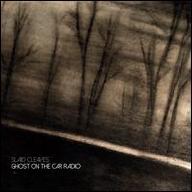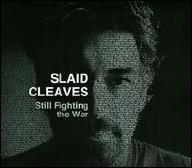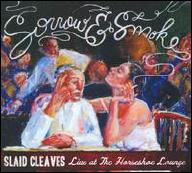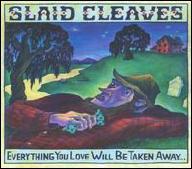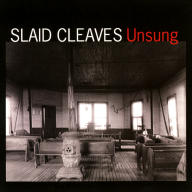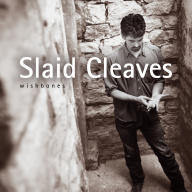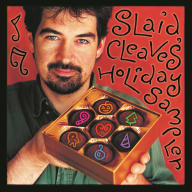Prior to entering the music industry, Cleaves majored in English and philosophy at Tufts University in his native New England, and began playing music in garage rock bands while still in high school. While in college, he learned guitar, and later spent a summer in Ireland. He began busking on the streets in Cork, and that was the turning point when he decided to become a folksinger. At Tufts, he developed his guitar skills and studied the music of Woody Guthrie and Bruce Springsteen. He recalled that he had listened to the music of Guthrie, Carl Perkins, and Hank Williams as a child, so he went back into his parents' attic to discover a treasure trove of albums.
After many years in Portland, Maine, he sought new mountains to climb, and found some of them after moving to Austin, Texas, in 1992. Despite the echelon of great singer/songwriters like Jimmie Dale Gilmore, Lucinda Williams, Robert Earl Keen, Guy Clark, and Joe Ely all centered around the Austin scene, Cleaves was able to make a name for himself there. In 1995, he recorded an independent album for Rock Bottom Records entitled Life's Other Side. In 1996, he began his collaboration with Morlix, who liked Cleaves' demo tape and ended up serving as producer for 1997's No Angel Knows.
During the following decade, Cleaves released Broke Down (2000) and Wishbones (2004) prior to switching to Rounder proper for Unsung (2006). After signing with Jimmy LaFave and Kelcy Warren's Music Road label, he issued Everything You Love Will Be Taken Away (2009, featuring liner notes from fan Stephen King), the two-disc Sorrow Smoke: Live at the Horseshoe Lounge (2011), and Still Fighting the War (2013). The title song of the latter album was inspired by Craig F. Walker's Pulitzer-winning photo essay regarding a soldier's postwar civilian life. 2017's Ghost on the Car Radio found Cleaves exploring the traditions of American small town life. ~ Richard Skelly, Rovi


